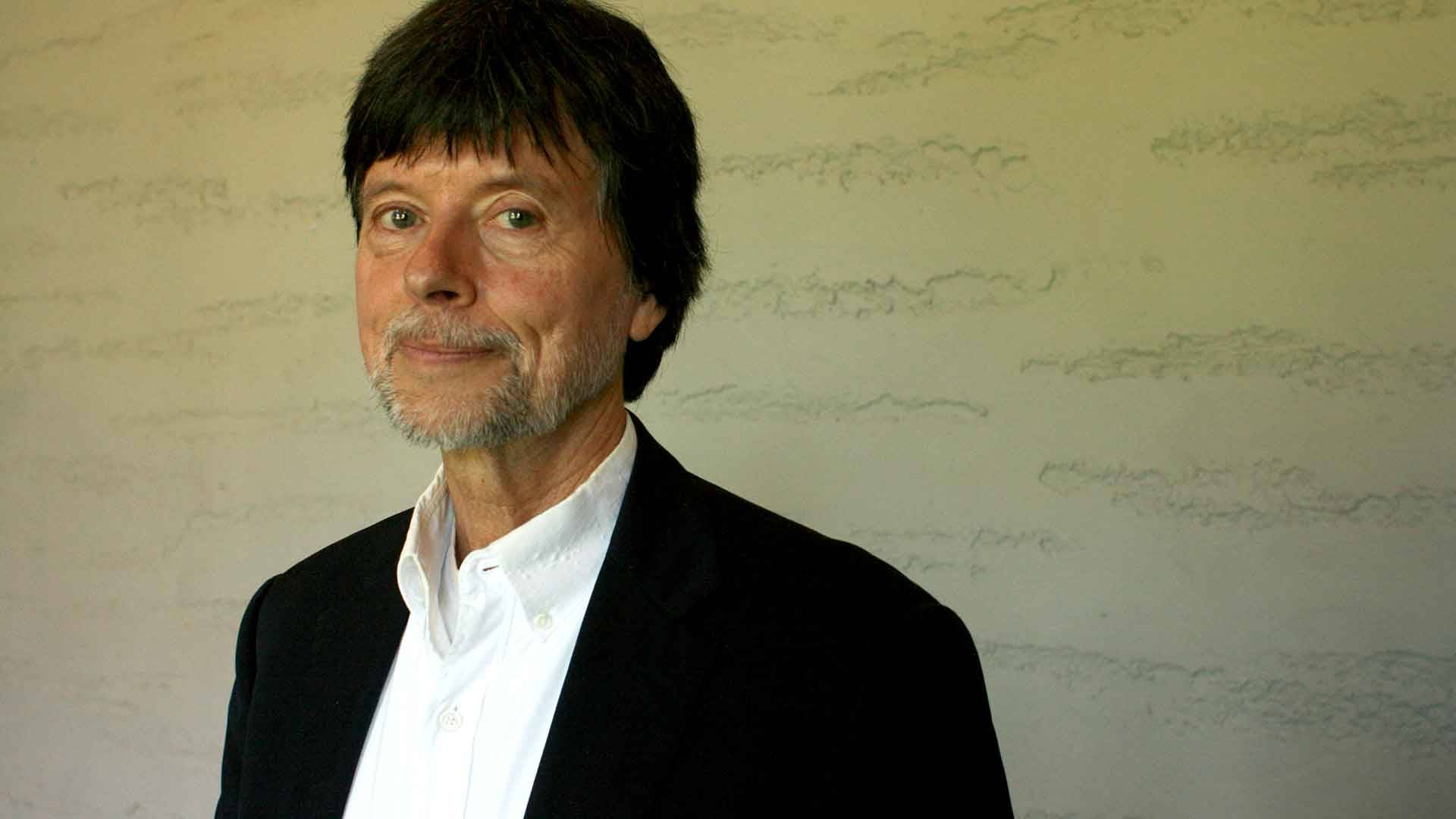But those aren’t the songs I want. When I sit down with Burns in July, after a visit to San Quentin to screen clips of the film for inmates, I ask for the lesser-known songs. Personal discoveries of songs that he’d never heard before he started working on Country Music, or that he heard in a whole new light. Songs that, once discovered, perhaps even guided the documentary down a different path.
After some thought, Burns is game. He makes a list.
“Basically, the constituent building blocks of our work is biography, it’s really mostly about people,” he explains. “But what’s so wonderful, and I don’t think we were completely prepared for, is just how powerfully emotional some of these songs are.”
What follows is Ken Burns’ personal picks of five key underdog songs from Country Music—in chronological order, and in his own words.
‘Mule Skinner Blues,’ Jimmie Rodgers
“Mule Skinner Blues” is a wonderful, wonderful song. You can see the twinkle in the eye when Merle Haggard sings part of it for us in our first episode. What’s amazing is that “Mule Skinner Blues” resurfaces again and again and again as three other rebirths in our film.
Bill Monroe, when he’s asked to debut at the Grand Ole Opry, plays a new version of it. I don’t think I could quite call it bluegrass, but it’s taking “Mule Skinner Blues” and doing something else with it, and it’s a wonderful thing. Later on, we’re out in the Central Valley of California with Maddox Brothers and Rose, and they do an uptempo, incredible, kick-ass version of “Mule Skinner Blues.” And then one of Dolly’s debut songs on The Porter Wagoner Show is “Mule Skinner Blues,” which she calls an heirloom. These things that are passed down from generation to generation to generation.
‘Little Darling Pal of Mine,’ the Carter Family
This is actually the second song you hear in our film. As we researched it, we found this amazing story, which is that it had begun, the melody or the rough approximation of a melody, as a 19th-century Protestant hymn. It got taken by an African-American minister into the black church, and was turned into a kind of almost gospel stomp called “When The World’s On Fire.” The Carter Family, listening to everybody, including African-American music, loved what they heard. Maybe it was Lesley Riddle, the guitarist, who brought “When The World’s On Fire” to them, but they changed it into “Little Darling Pal Of Mine,” which is one of their really big hits.
Well, Woody Guthrie heard it, and he wrote a song called “This Land Is Your Land.” Now, all of them, the original hymn, “When The World’s On Fire,” “Little Darling Pal of Mine,” and “This Land is Your Land,” all have the same melody, and all have a place in our film. I love the fact that a melody can undergo extraordinary transformation. I think I had learned once that “The Star-Spangled Banner” was an old English drinking song!



